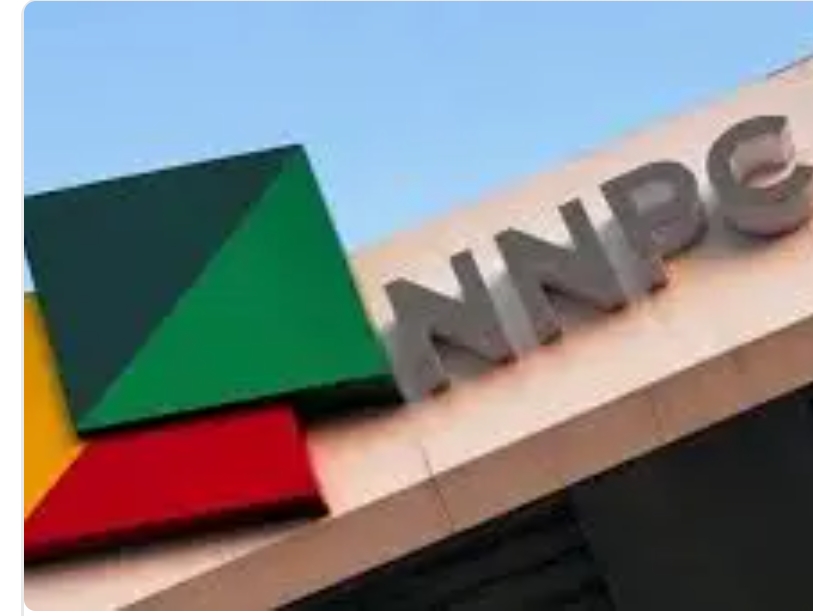The Nigerian National Petroleum Corporation (NNPC) Limited finds itself entangled in a financial quandary, grappling with a staggering $3 billion backlog owed to traders for imported premium motor spirit (PMS), commonly known as petrol.
This backlog, as revealed by Reuters, is intricately linked to the devaluation of the Nigerian naira currency and the surge in global fuel prices following the elimination of fuel subsidies.
Despite the government’s efforts to stabilize Africa’s largest economy by addressing costly energy subsidies, the delay in payments poses a significant setback.
Sources disclosed to Reuters that NNPC is taking more than 130 days, instead of the stipulated 90 days, to settle its debts, painting a worrisome picture of the corporation’s financial health.
An NNPC spokesperson said the company was “not aware of any such debt nor any financial issues of such magnitude”.
“Our focus remains on sustaining sufficiency in the supply of petroleum products in Nigeria,” the spokesperson said.
NNPC’s suppliers, including international traders like Vitol, Mercuria and Gunvor as well as Nigeria-based trading houses, are still supplying fuel, the sources said.
They declined to be named because they are not authorised to speak to the media. The trading firms declined to comment.
While an NNPC spokesperson denied awareness of such a substantial debt, the reality remains grim for the corporation’s suppliers, including international trading giants like Vitol, Mercuria, and Gunvor, along with Nigeria-based trading houses.
These suppliers continue to provide fuel amidst payment delays, though they prefer to remain anonymous due to confidentiality agreements.
The resurgence of fuel subsidies, abolished in May 2023, has further strained NNPC’s financial resources, hindering its ability to meet import demands and governmental obligations.
President Bola Tinubu’s administration initially aimed to foster investor confidence and redirect funds to critical sectors through subsidy removal and exchange rate reforms.
However, the recent challenges underscore the complexities of Nigeria’s economic landscape.
The country’s reliance on fuel imports, exacerbated by years of mismanagement and under-investment in domestic oil refineries, has left it vulnerable to market fluctuations.
Recent shortages and long queues at petrol stations in Lagos highlight the logistical hurdles faced by consumers, compounded by supply chain disruptions during the Easter period.
Rising global oil prices and a depreciating naira have further strained NNPC’s import capacity, with market prices soaring above government-capped levels.
As private importers struggle to cover costs, NNPC remains the sole importer, incurring losses due to unfavorable exchange rates and escalating oil prices.
The International Monetary Fund (IMF) has cautioned against prolonged subsidy interventions, citing potential adverse effects on Nigeria’s GDP.
Economists emphasise the need for strategic planning to phase out subsidies and align prices with market realities, urging the government to devise a sustainable solution amidst prevailing economic challenges.
“Our focus remains on sustaining sufficiency in the supply of petroleum products in Nigeria,” the spokesperson said.
Do you want to share a story with us? Do you want to advertise with us? Do you need publicity for a product, service, or event? Contact us on WhatsApp +2348183319097 Email: platformtimes@gmail.com
We are committed to impactful investigative journalism for human interest and social justice. Your donation will help us tell more stories. Kindly donate any amount HERE




